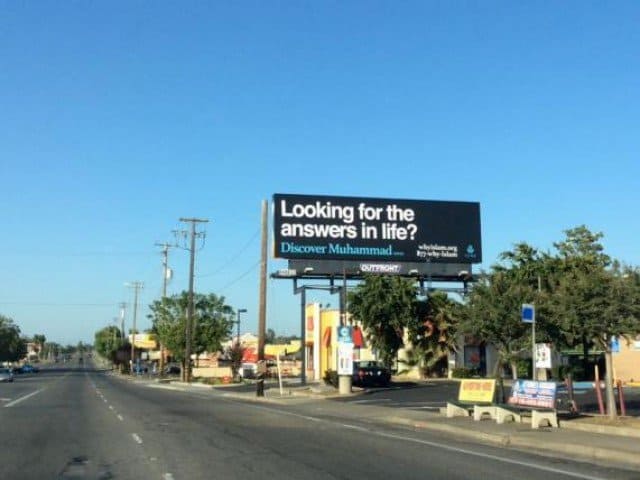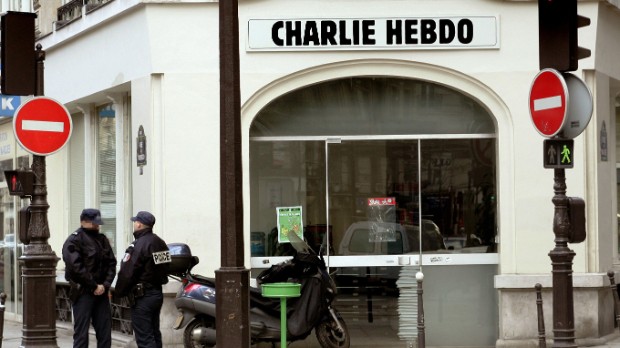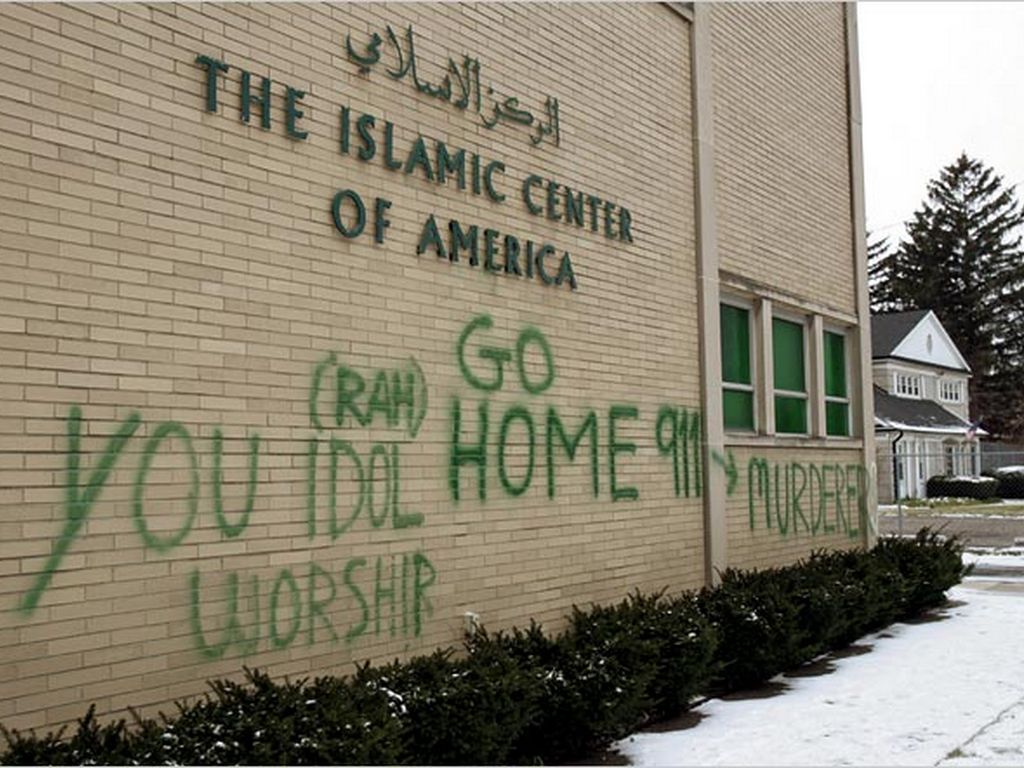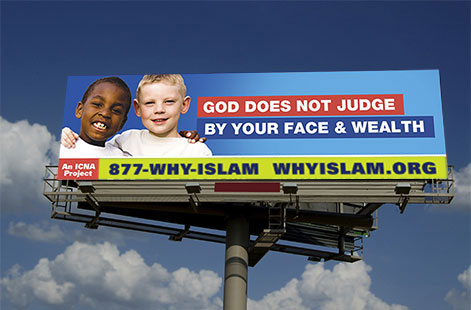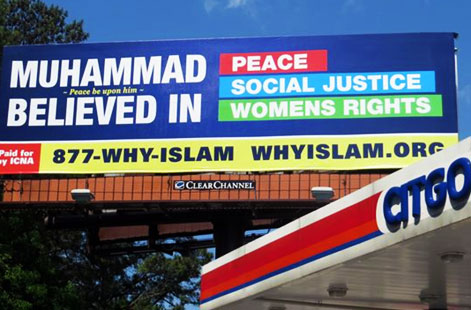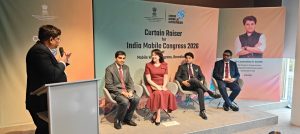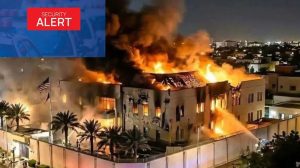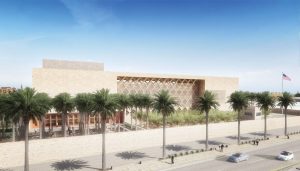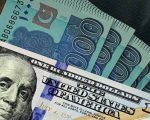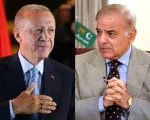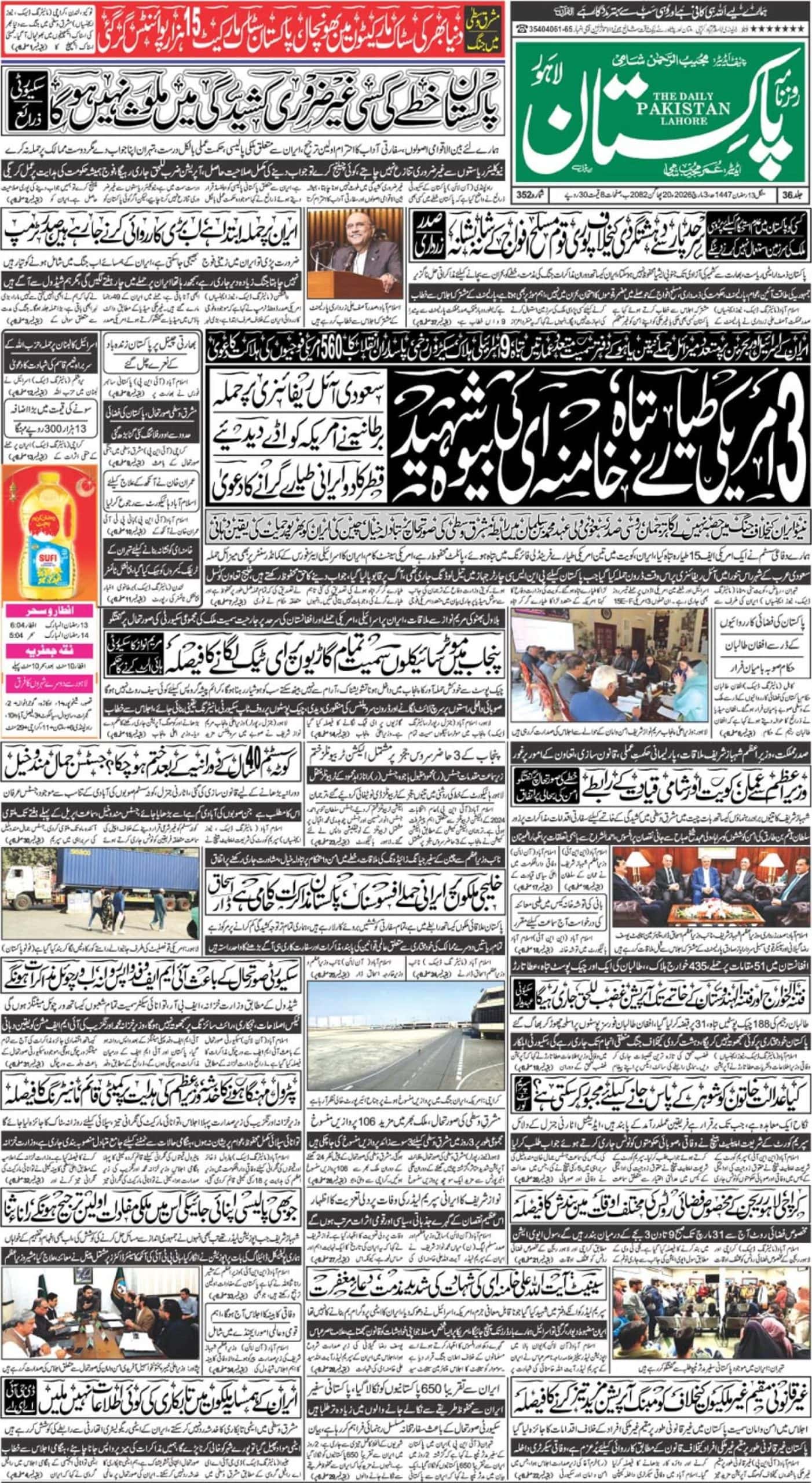SACRAMENTO (Web Desk) – In California’s capital city of Sacramento, stark black billboards loomed over highways and faded commercial strips, offering solace to the troubled: “Looking for the answers in life?” one asked.
With messages that are part religious invitation to explore the Muslim faith and part public relations, the billboards anchor a national campaign to showcase Islam as a religion of love and tolerance, aimed at Muslims and non-Muslims alike.
But the campaign by the mainstream Islamic Circle of North America, which is sponsoring billboards in other cities to publicise the message of Holy Prophet (PBUH), could also spark a backlash amid a spike in anti-Islamic sentiment marked by protests, advertising campaigns and sometimes vandalism and violence.
“We thought a proper approach would be to actually educate the larger public about his personality, which exemplifies love and brotherhood,” said Waqas Syed, ICNA Deputy Secretary General.
The billboard campaign is not the first high-profile bid by a Muslim group to bolster Islam’s image in America, tarnished by militant attacks.
But it is the largest such effort by ICNA, the group most closely identified with billboard campaigns in recent years, and it includes some billboards that are clearly evangelical.
“Under the circumstances, it’s a pretty bold move,” said Todd Green, a professor who studies Islamophobia, or fear of Islam, at Luther College in Iowa.
“When you’re a minority religion, you face a lot of pressure from the majority population not to proselytise.”
By asking Americans to discover Holy Prophet Muhammad (PBUH), the campaign is similar in some ways to efforts by evangelical Christians whose roadside billboards, especially in the US heartland, have sought to draw Americans into their fold with messages promoting Jesus as the Messiah, he said.
Organisers said they launched the programme as a response to a deadly Paris attack by militants on the French satirical magazine Charlie Hebdo in January over its anti-Muslim cartoons, aiming their message in part at other Muslims to say that violence is not an appropriate response to provocation.
By coincidence, the first billboards went up days after two US Muslim gunmen were killed in May as they tried to attack a Texas exhibit of cartoons depicting the holy Prophet (PBUH), and shortly before heavily armed anti-Islam protesters demonstrated outside a Phoenix mosque.
The latest campaign, paid for by local ICNA chapters, will eventually include about 100 billboards from Philadelphia to Baltimore, Atlanta and Miami.
Some signs, like those in Sacramento, are clearly invitations to explore the Muslim faith while others aim to portray the holy Prophet (PBUH) as a supporter of women’s rights and religious tolerance.
“Kindness is a mark of faith,” a billboard in Elizabeth, New Jersey, reads.
In Miami, another offers, “Muhammad (PBUH) believed in peace, social justice, women’s rights.”
Sharing that view of the Holy Prophet (PBUH) is more important to ICNA than proselytizing, Syed said, though newcomers who want to convert would be welcomed.
Muslims make up 0.9 per cent of the US population, but the number is expected to double by 2050, driven by immigration, high birth rates and a young population, the Pew Research Center says.
The first wave of signs, including those in Sacramento and Los Angeles, came down last week.
New ones will be posted in San Francisco, Dallas and other cities in coming weeks.
Despite tensions, the billboards have not been defaced, and negative responses have been few, said Imam Khalid Griggs, vice president of ICNA and leader of a mosque in North Carolina.

